
Tamil folk singer Kovan was arrested on 30 October for criticising Tamil Nadu Chief Minister Jayalalithaa. But the brazenness of the act didn't end there. The 45-year-old singer-activist was charged with sedition. Kovan's only fault was that he dared to question the state's liquor policy and the chief minister's alleged apathy toward the rising cost of living in the state.
To grasp the diabolic nature of this act by the state of Tamil Nadu, one needs to first understand what sedition entails. Under Section 124 A of the Indian Penal Code, sedition is defined as:
"Whoever, by words, either spoken or written, or by signs, or by visible representation, or otherwise, brings or attempts to bring into hatred or contempt, or excites or attempts to excite disaffection towards the government established by law in India, shall be punished with imprisonment for life, to which fine may be added, or with imprisonment which may extend to three years, to which fine may be added, or with fine."
As highlighted in the law, once convicted of the charge, accused can be imprisoned for life. A relic of the British era, often used against freedom fighters, for "waging war against the state", sedition continues to remain in our statute books. But more than serving any real purpose, it has often been misused by the state apparatus to crack down on legitimate dissent and the fundamental right to freedom of expression guaranteed by the Constitution.
Here we list five cases where sedition was misused by the state:
Binayak Sen, 2010
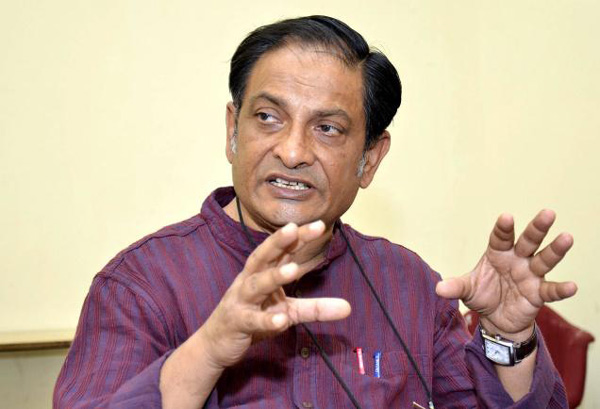
Civil right activist Binayak Sen is perhaps a textbook example as to why the sedition clause in the IPC needs to be countered. Sen, a pediatrician by profession, was charged with sedition for colluding with Naxalites and conspiring against the state. He was also convicted to life imprisonment by a Chhatisgarh trial court. The state government fought tooth and nail to ensure that he didn't get bail. However, in 2011, the Supreme Court ruled that Sen could at best be called a "Naxal sympathiser" - which doesn't make him a Naxalite. The apex court quashed the sedition charges against Sen despite stiff resistance from the state and its arguments that he was involved in opening bank accounts for Naxals.
K Senthil Mallar, 2013
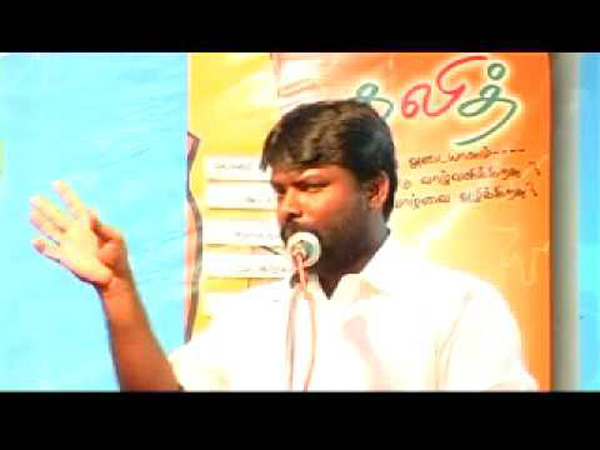
The Tamil Nadu government slapped author K Senthil Mallar with sedition charges in 2013 for writing in his book -Meendezhum Pandiyar Varalaaru (Resurgence of Pandya History) that in the pre-modern times Scheduled Castes were the original rulers of the state. First the government banned the book and later charged Mallar with sedition on the grounds that his book attempted to incite caste violence. The state government also alleged that book used derogatory language. Even the author's father-in-law was arrested under sedition charges for possessing copies of the banned books. However, the author was granted anticipatory bail by the Madurai bench of the Madras High Court.
Aseem Trivedi, 2012

The Kanpur-based cartoonist was charged with sedition at the peak of Anna Hazare's anti-corruption movement. A member of the India Against Corruption movement, Trivedi was arrested in 2012 for sedition based on the complaint of who claimed Trivedi had put up banners mocking the Indian Constitution during an Anna Hazare rally in Mumbai. Trivedi had allegedly mocked the national emblem, the national flag and the Parliament in order to depict corruption. However, the arrest was seen as a political one. The case garnered immense media attention as Trivedi refused to apply for bail till sedition charges were dropped against him. Like Binayak Sen, Trivdei's case too led to widespread debate on the need for a sedition law.
Prashant Rahi, 2007

Journalist-turned-activist Rahi has had several jail stints under sedition and UAPA charges. Well known for spearheading the rehabilitation movement of people displaced by the Tehri dam in the 80s and 90s, Rahi was arrested in 2007 and subsequently again in 2013 after a brief release on charges of "Naxal links". His case was taken up human rights organisations like Amnesty International.
Kudankulam protesters, 2012
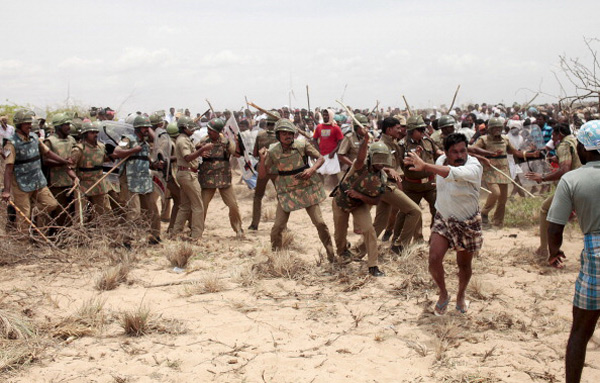
Since the number of sedition cases filed against protesters of Kudankulam nuclear plant is so high, it is impossible to list one or two names. But what of charging 8,000 people for sedition? According to a Tehelka report in 2012, when the anti-nuke plant protests were at its peak, one single police station in Idinthakarai, a small coastal village in Tamil Nadu's Tirunelveli district filed as many as 8,000 cases of sedition against the protesters. Apparently, they were waging a war against the state. However, the fact of the matter remains that the 2,000 MW nuclear plant, situated a few kilometres from their village, posed a threat to their livelihood - chiefly fishing - and could potentialy be a health hazard. While the plant, till date, remains nonfunctional, the Supreme Court has asked the government to drop sedition charges against the locals and activists.



_in_Assams_Dibrugarh_(Photo_257977_300x172.jpg)
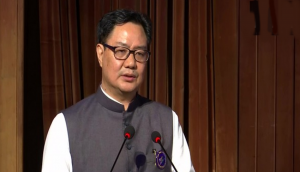
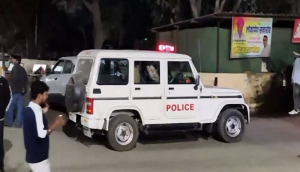


![BJP's Kapil Mishra recreates Shankar Mahadevan’s ‘Breathless’ song to highlight Delhi pollution [WATCH] BJP's Kapil Mishra recreates Shankar Mahadevan’s ‘Breathless’ song to highlight Delhi pollution [WATCH]](https://images.catchnews.com/upload/2022/11/03/kapil-mishra_240884_300x172.png)

![Anupam Kher shares pictures of his toned body on 67th birthday [MUST SEE] Anupam Kher shares pictures of his toned body on 67th birthday [MUST SEE]](https://images.catchnews.com/upload/2022/03/07/Anupam_kher_231145_300x172.jpg)


_in_Assams_Dibrugarh_(Photo_257977_1600x1200.jpg)



